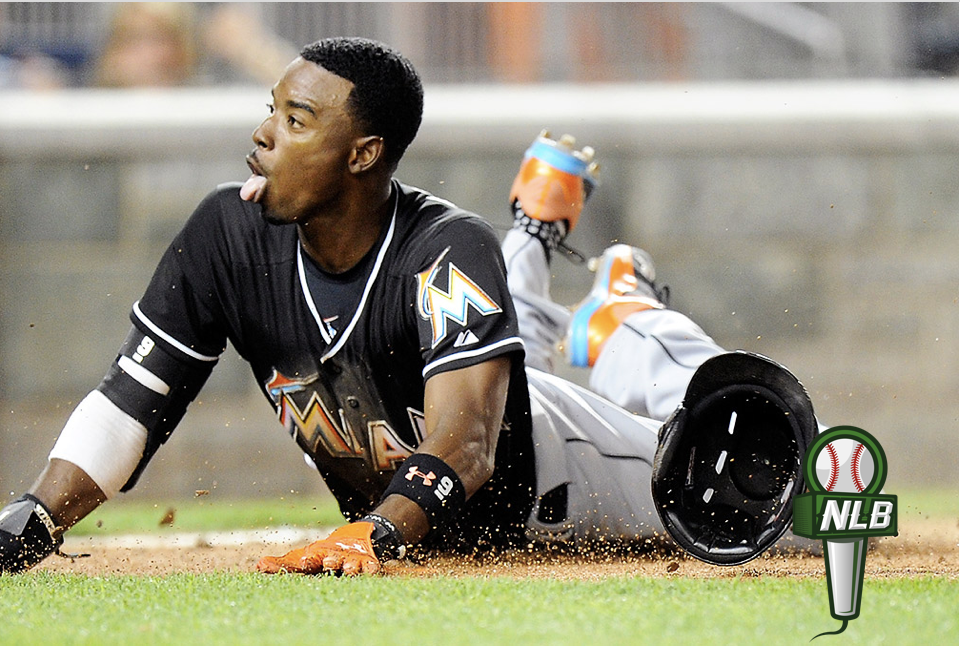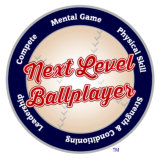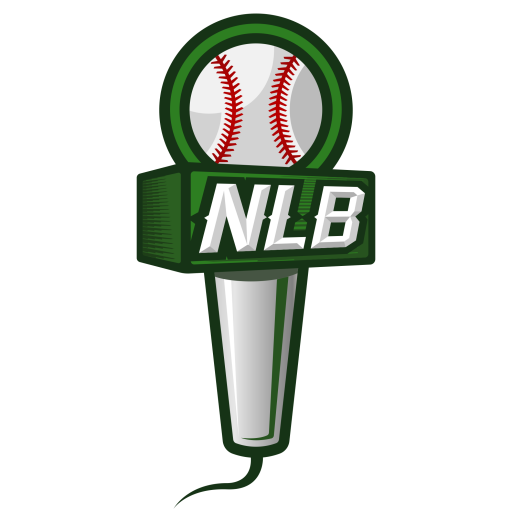Today, I’m excited to sit down with 5’11”, 160-pound Dee Gordon. Dee burst onto the scene with the Dodgers in 2011 with hits in his first three at-bats. He’s known as a speedster who always seems to be having fun on the baseball field. After some injury setbacks in 2012, Dee is competing for a spot on the 2013 team.
This is my favorite quote from our conversation. In response to my question about his mental approach to hitting, here’s Dee:
Less is more for me. The less I think, the more I can do. When I start thinking about a lot of stuff, I don’t feel that great as a hitter at that point. I try to stay pretty simple.
In the rest of today’s exclusive interview with Dee, we talk about stealing bases, getting out of slumps, useful hitting advice he received from Tony Gwynn, what he’s learned from Matt Kemp and Andre Ethier, and much more.
- What is one baseball-related lesson you learned early on that has led you to where you are now?
Play hard. My dad always preached that. Play every day like it’s your last day.
- Let’s talk base stealing. You’re on first base. What do you look at on the pitcher?
Just different cues that he gives me. It’s the little things, so it’s a tough gig. You still have to pay attention and focus.
- Can you give me an example? Are you looking at the back heel, at his shoulder?
It doesn’t matter. Every pitcher has something different. Maybe his shoulder drops or he moves his glove. It’s usually something small like that.
- What was the biggest adjustment for you when you were called into the Big Leagues?
The speed of the game. They always preached to me to slow the game down, but as much as you say that, it’s still a hard game. You also try to feel wanted and part of the team. Sometimes you do, and sometimes you don’t. My teammates accepted me, and that really helped. It made my job easier.
- What is your mental approach when it comes to hitting?
Less is more for me. The less I think, the more I can do. When I start thinking about a lot of stuff, I don’t feel that great as a hitter at that point. I try to stay pretty simple.
- You’re walking into the batters box. What’s going through your head at that point?
Get the pitch I wanna hit. Pick one location and get that pitch there. Try to put the barrel on it.
- When it comes to getting out of slumps, is there a hitting drill you like to come back to, or something you do to refocus?
I try to hit the ball in the six hole when I get in a slump. I try to work on hitting everything up the middle or the other way.
- What is the best hitting advice you’ve heard?
My uncle told me when I was ten to take my nob to the baseball. Then I heard the same advice from Tony Gwynn last year. That’s a great piece of advice that’s been with me for a long time.
- Is there something you’ve especially learned from being around Kemp and Eithier?
It’s the way they work. Those guys work so hard, so I feel like I have to work the same way.
- From your perspective, what makes Matt Kemp such a good ball player?
How good of a teammate he is, his work ethic, and how he presents himself.
- When you get on first base late in a close game, what is your thought process?
Run. Fast. That’s it.
- What’s the coolest part of being a big-leaguer?
You know, it’s my family accepting it, being cool and still treating me the same way. It’s awesome. I’m still the same little kid running around. That’s the best thing.
- What is your defensive mentality?
Take care of that ball. Gotta take care of that baseball. That’s your number one priority.
- Today, it seemed like you were working on staying low while fielding the ball.
You know what, that teaches you to work your hands and keep your eyes on the ball. You gotta take care of that ball.
- What’s one piece of advice you’d give to aspiring baseball players out there who are looking to play at the next level?
Just play hard. You never know who’s watching.
- One last question. When people watch you play, you can tell you’re having fun. Where does that come from?
I don’t know. That’s how I play everything. Anything. I’m having fun. This is my career and job, but I don’t want to treat it as life or death. At the end of the day, I want people to know the type of person I am, not the kind of baseball player I was.



